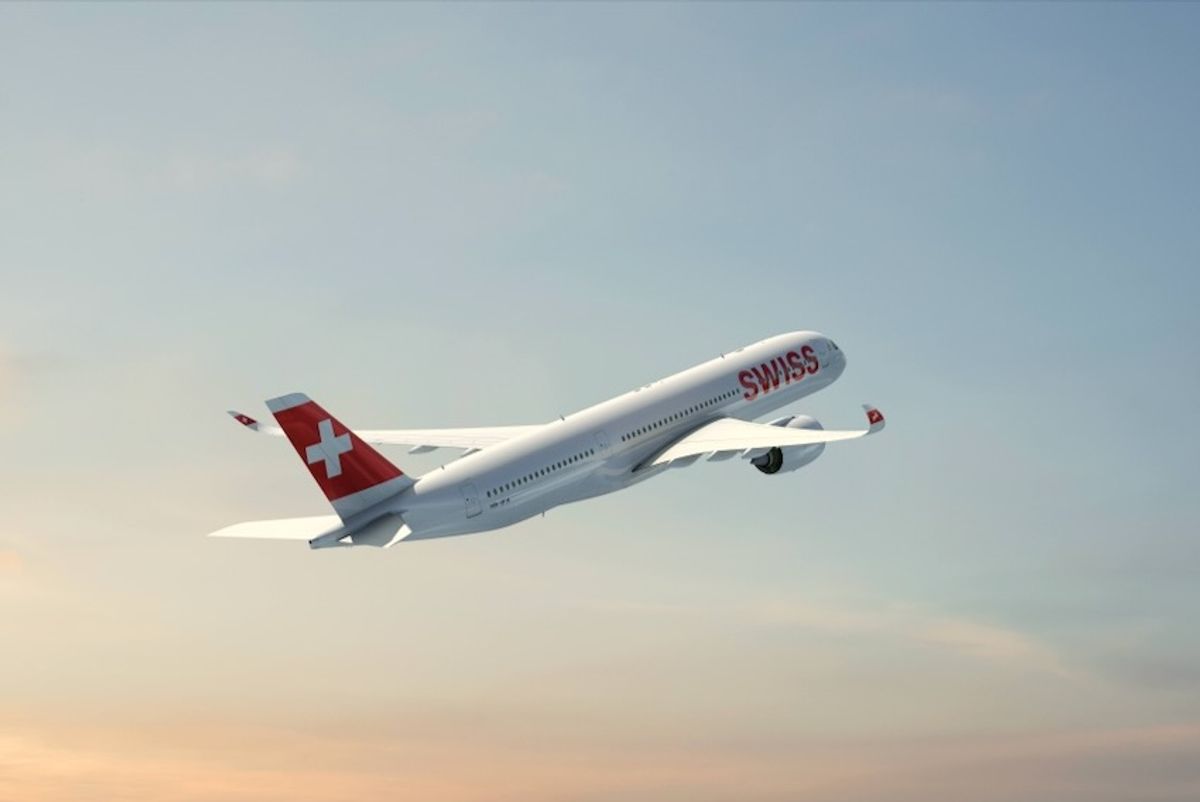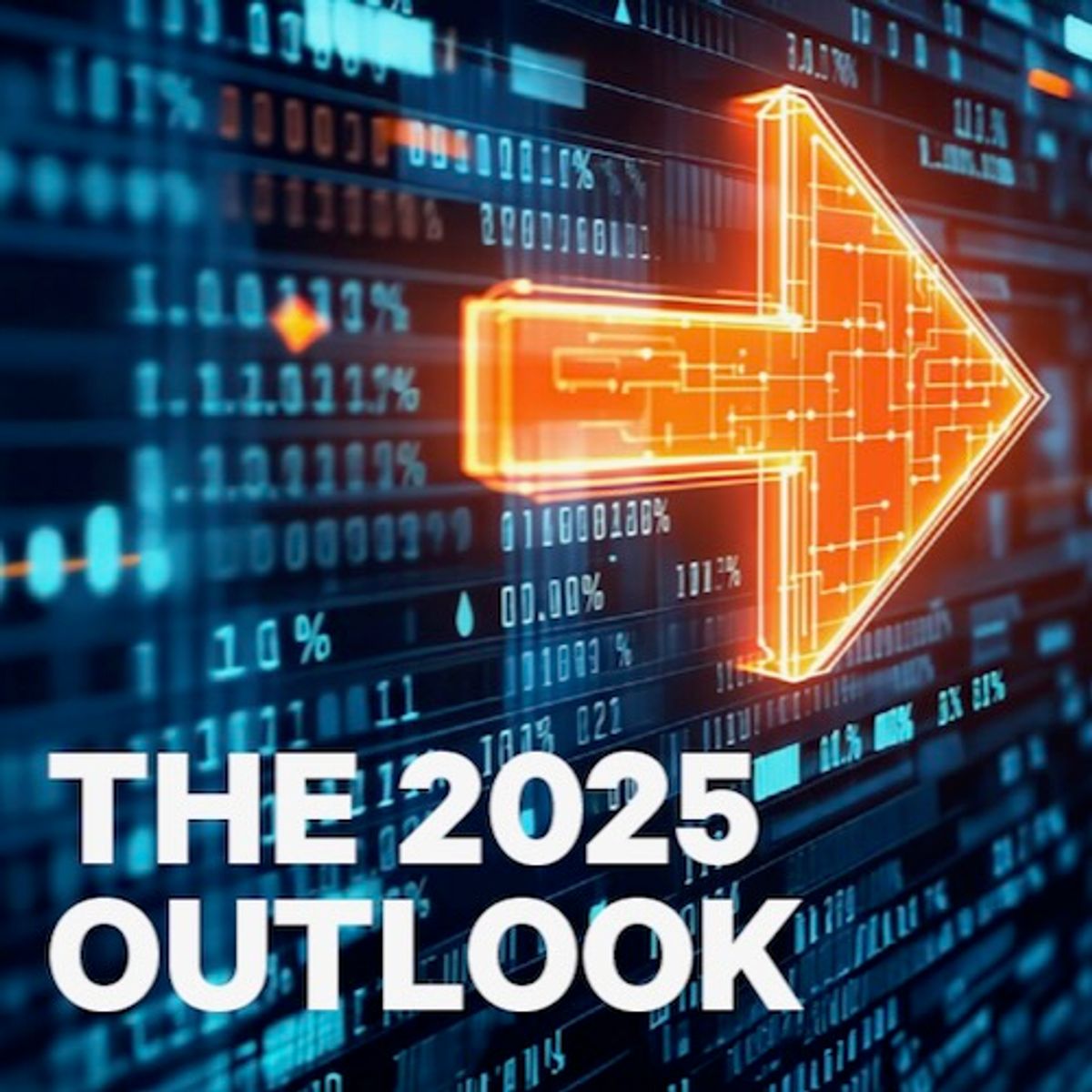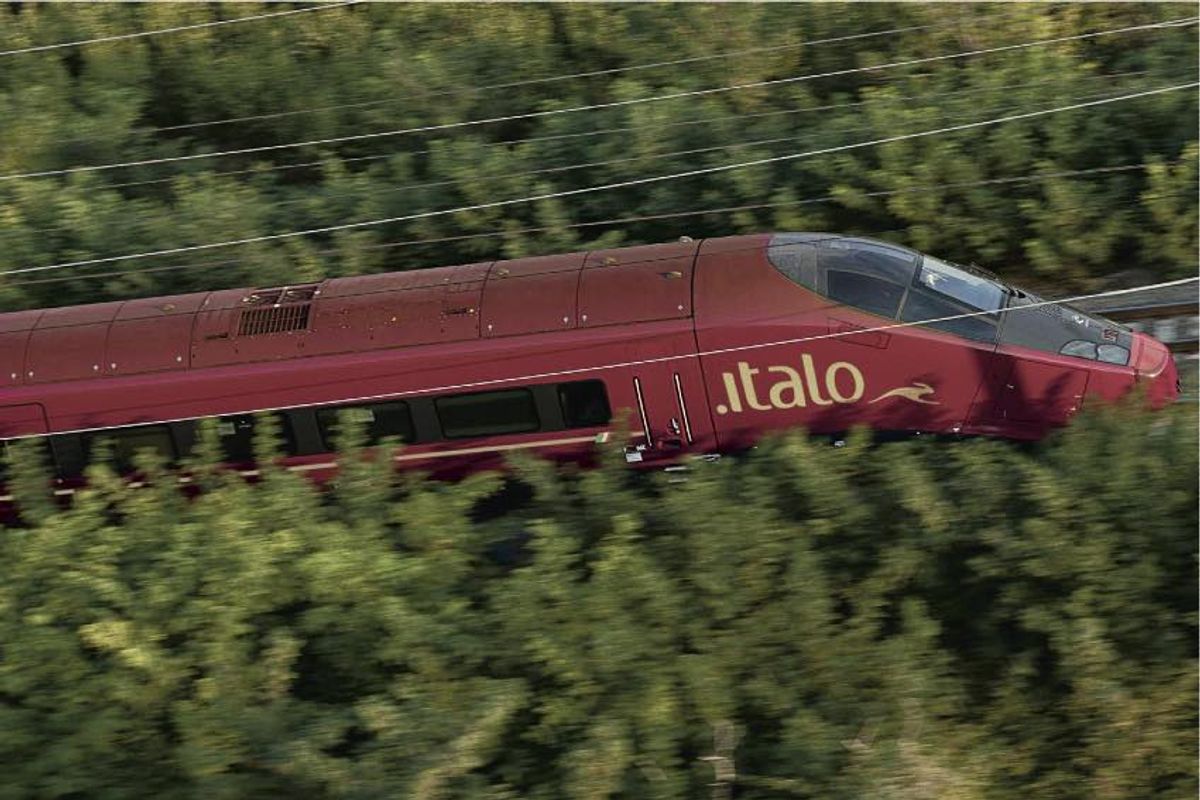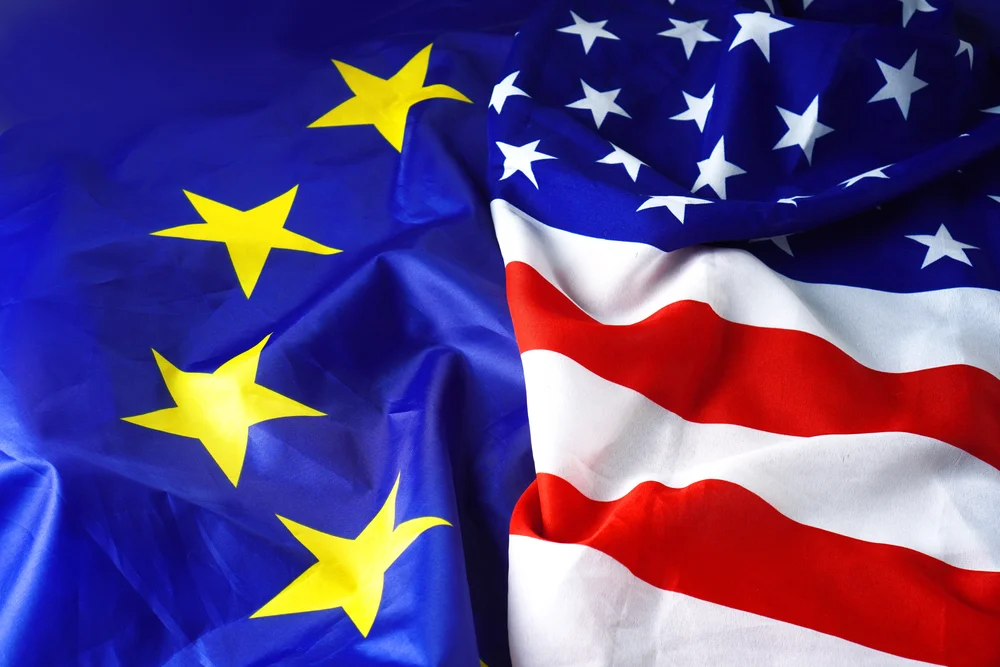Jobs
Starmer has tough job resetting relations with Europe

Starmer has tough job resetting relations with Europe
In the British psyche, the short distance that separates the UK from Europe between Dover and Calais, 40.2 km to be precise, symbolizes that the two are completely separate worlds. For those who supported Brexit, the two should never again be joined together, even though, technically, for more than 30 years they have been connected by a rail tunnel, “only” 8,000 years after Britain was physically separated from the rest of the continent.
This mentality of “splendid isolation,” which contributed to the misconceived idea of leaving the EU — an event that still has not revealed a single one of the rewards promised by its promoters — has left the newly elected Labour government the challenging task of repairing relations with its immediate neighbors. Or, as the current government calls it, “resetting relations with Europe.”
For this to succeed, the first stepping stone requires rebuilding the trust that was badly damaged by the preceding Conservative governments. Only then can they get down to the nitty-gritty of issues such as security, trade and immigration, where the interests of both Europe and the UK intertwine.
Prime Minister Keir Starmer and his Cabinet colleagues are under no illusions about the legacy left to them after 14 years of successive Tory administrations, which in their latter years were particularly chaotic, directionless and disruptive, especially with regard to relations with Europe. This state of affairs was dictated by the most anti-European factions within the party and the right-wing British media.
The first stepping stone requires rebuilding the trust that was badly damaged by the preceding Conservative governments
Yossi Mekelberg
Labour’s recent election manifesto was clear that Brexit was not going to be reversed. Instead, the new prime minister has embarked on a salvage operation to repair the badly damaged relations between the UK and the rest of the continent, much of it concerning the bruises the Europeans are still nursing from the Brexit negotiations. In those discussions, EU negotiators had to accommodate the idiosyncrasies of British politics, despite the fact that it was as much in the UK’s interest to establish close relations with its main trade and security partner as it was in that of the EU, if not more so. Ironically, two of the EU’s chief negotiators who still carry the scars of that process, Poland’s Donald Tusk and Frenchman Michel Barnier, are currently serving as the prime ministers of their respective countries.
However, as in many other policy areas, Labour was too cautious in the run-up to July’s general election and was at pains to avoid straying too far from Tory policy by promising that it would not reapply for full EU membership, nor attempt to return to the single market, the customs union or the freedom of movement arrangements. This has left little room for any quick return to the kind of relations with Europe that the struggling British economy and society need in the wake of the Brexit debacle.
This is especially unfortunate because the British public now consistently expresses, and in big numbers, that it regrets leaving the EU and believes the UK is worse off as a result. With that in mind, Starmer embarked on his first visit abroad to Berlin and followed this with talks in Paris. Germany remains the most powerful country in the EU and France is the UK’s closest neighbor, but there are no guarantees that the EU might soon be prepared to bury the hatchet after its bruising Brexit experience.
However, a new government in the UK that is not responsible for Brexit is an opportunity to move forward. What the UK and the EU have in common in terms of values and interests is far greater than what separates them. And, in a world of increasing global instability, where the Ukraine war is still raging and threatening to spread, as is the conflict in the Middle East, along with the growing friction with China, these issues that have a great impact on the West make it imperative that the EU and the UK mend fences.
A question that is impossible to answer right now, even for the British prime minister and his Cabinet ministers, who probably do not wish to even contemplate it, is should there be a grand plan to start the long march toward reentering the EU, especially if Labour stays in power for two or even three terms? Or is it a case of plugging the many holes created by Brexit and allowing relations to evolve into some kind of entente cordiale and seeing where that takes UK–EU relations?
What the UK and the EU have in common in terms of values and interests is far greater than what separates them
Yossi Mekelberg
One small step forward was outlined by Business and Trade Secretary Jonathan Reynolds, who has suggested what he calls “practical” and “sensible” measures to improve trade relations. For instance, the mutual recognition of professional qualifications and making “the most of the overlap” of the EU and UK having the same standards on food and drink. It was with this approach — that of looking for areas where previous Tory administrations created unnecessary obstacles to cooperation and removing them without delay — that the way for Starmer’s successful visits to the German and French capitals was paved.
In Berlin, the prime minister and his German counterpart Olaf Scholz were quick to agree on prioritizing a new defense treaty and improving economic relations, in addition to close cooperation on foreign policy. Their joint summary of the talks also emphasized a wide range of other areas for close collaboration, including growing their respective economies, law enforcement, tackling irregular migration and, no less important, closer people-to-people activities, with particular attention to youth, education and scientific cooperation. Considering that the UK now has several similar agreements with France after constructive meetings were also held with President Emmanuel Macron, the long haul of repairing the accumulation of damaging events that began with the Brexit referendum of 2016 seems to have got off to a good start, although this is just the beginning.
The UK and some of its European counterparts are also members of internationally powerful organizations where they cooperate, including NATO, the G7 and G20, as well as the UN Security Council. The first steps outlined above have given them the opportunity to build more of a united front. As I said, the reality is that what unites the UK and the EU is much greater than what divides them.
The UK has, for too long, been under the spell of the merchants of right-wing populism who harbor a hollow nationalism that brought on the UK’s most disastrous foreign policy decision of this post-Second World War era. Most Britons now acknowledge this and would like to fix it. Starmer’s visits to Berlin and Paris, as the change of language makes clear, have already made a significant difference: he met with willing partners, not rivals. Long may this nouvelle entente continue.
- Yossi Mekelberg is a professor of international relations and an associate fellow of the MENA Program at Chatham House. X: @YMekelberg
Disclaimer: Views expressed by writers in this section are their own and do not necessarily reflect Arab News’ point of view










